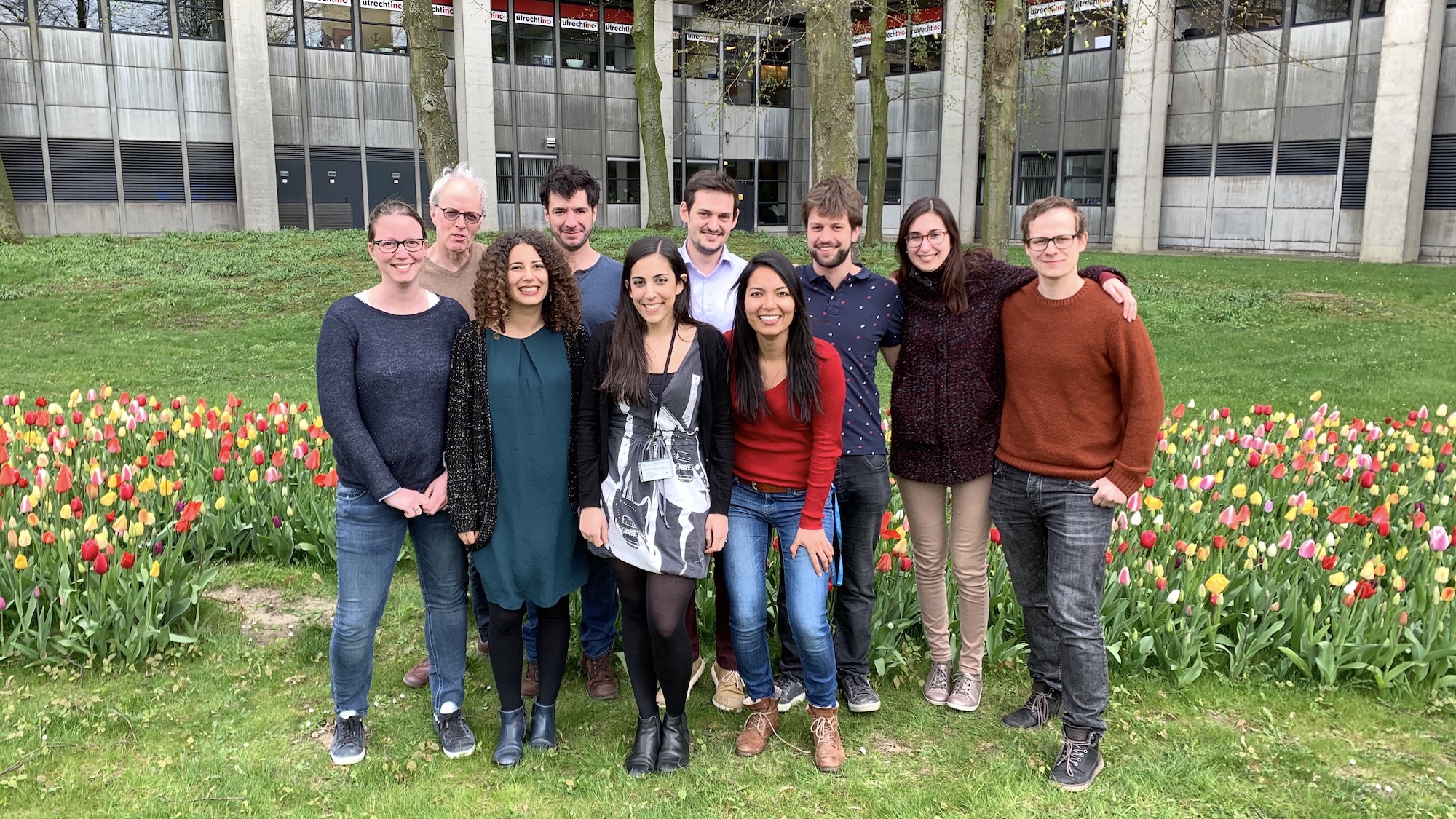
Group Photo 2019
Group Members
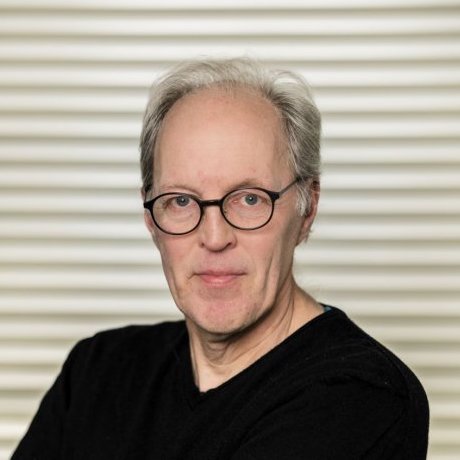
Piet Gros
We study the molecular mechanisms of recognition and regulation that underlie biological processes. My expertise is in structural biology of human plasma-proteins, cell-surface receptors and membrane proteins. I am extremely grateful for the many excellent contributions of the PhD students, post-doctoral fellows and technicians in my lab over the years.
Staff
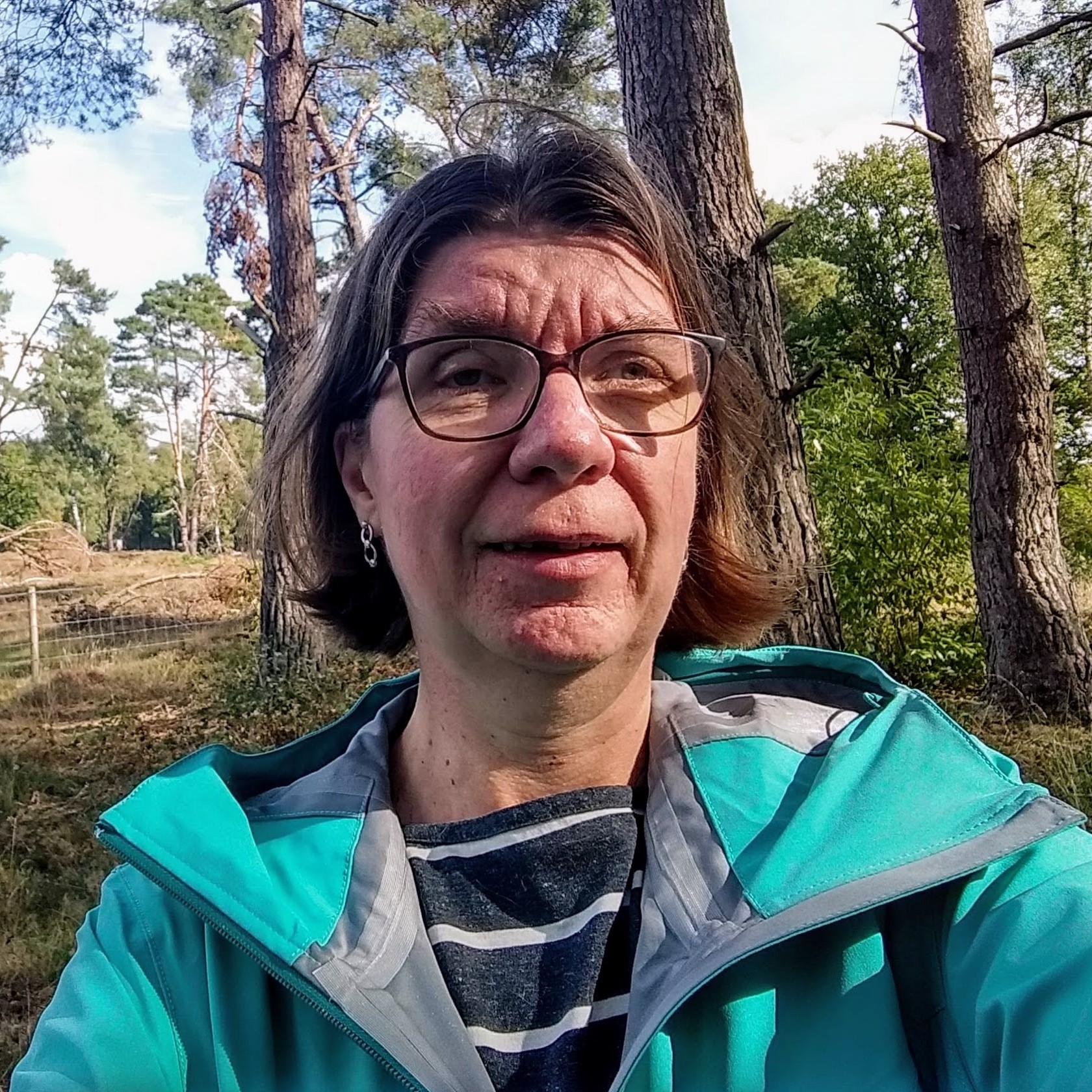
Harma Brondijk
(Assistant Project Leader)

Lisa de Paula
(Group Secretary)
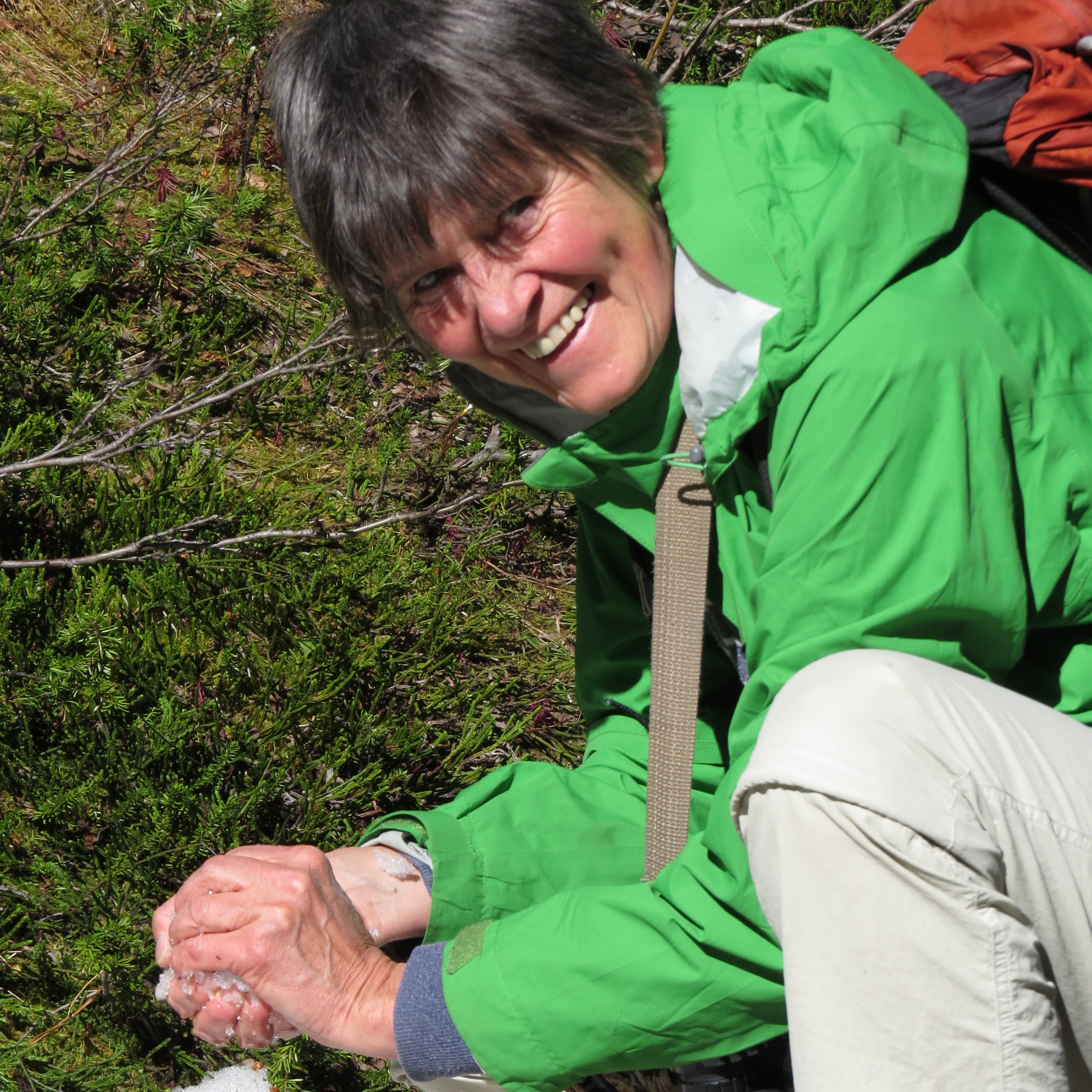
Joke Granneman
(Technician)

Arie Schouten
(Technician)
Post-docs
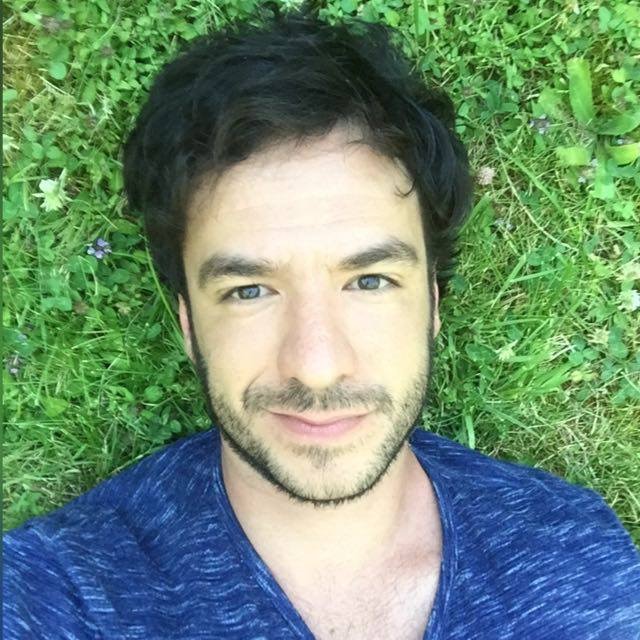
Gonzalo Obal Caballero
Gonzalo obtained his Bachelor's degree in biochemistry from the University of the Republic, Uruguay, and obtained a Master's in Biochemistry from the Institut Pasteur Montevideo (IPMON-Uruguay). He continued his PhD in Biophysics at the Protein Biophysics Unit (IPMON-Uruguay), in collaboration with the Protein Crystallography Unit (IPMON) and the Structural Virology Unit at the Institut Pasteur (IP), Paris, working on structural and biophysical studies of retroviral capsid proteins. Afterwards, he joined the Molecular Mechanisms of Membrane Transporters group at the IP as an EMBO long-term Fellow, working on the crystallography of cholesterol and glutamate transporters.
He joined the lab of Piet Gros in October 2017, to work on cryoEM studies of the architecture of C1 complex of the complement system.
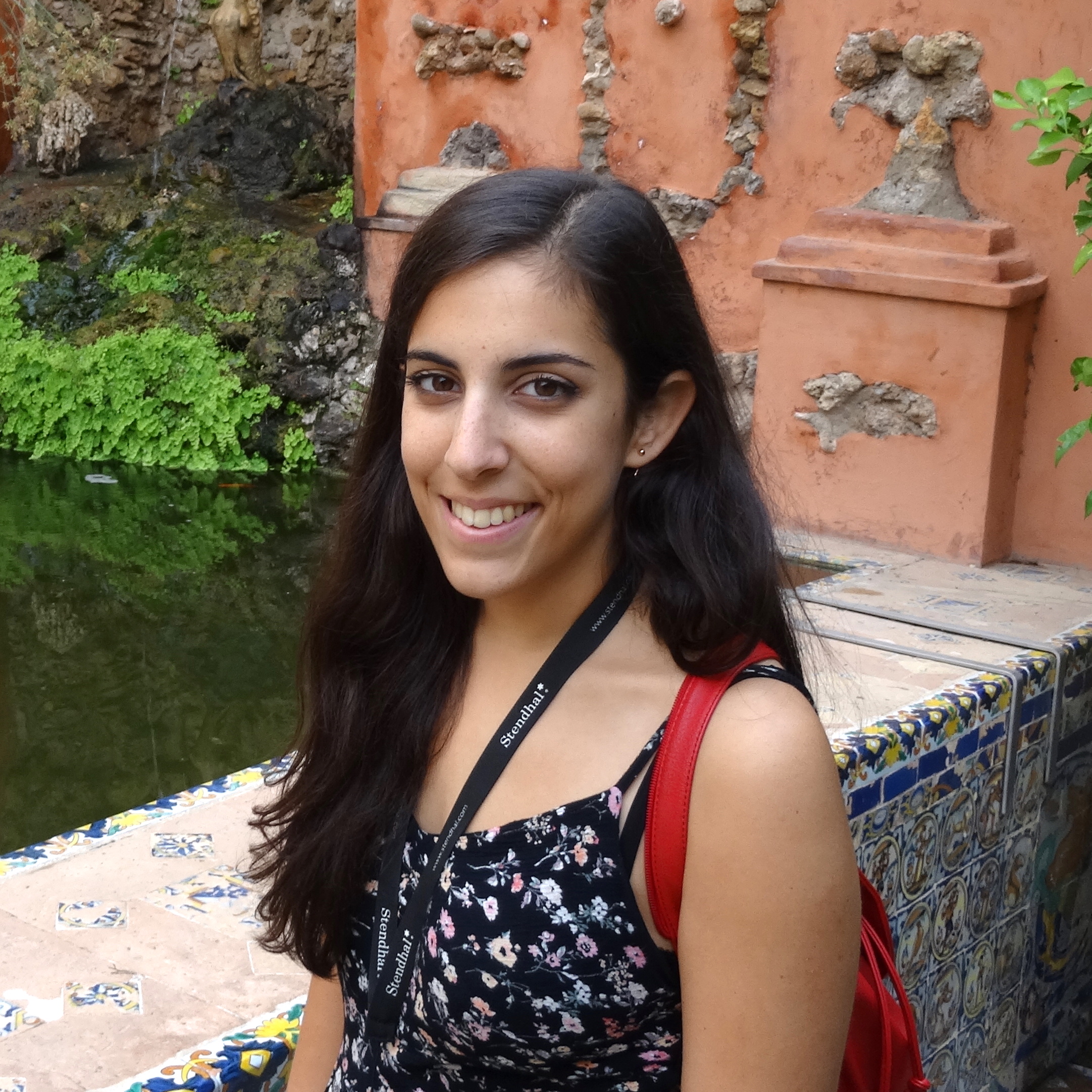
Itziar Serna Martin
Itziar obtained her Bachelor's degree in Microbiology (BSc, First Class Honours) from the University of Bristol in 2013. During her degree, she also did a one-year internship at EMBL Grenoble. She then carried out her PhD and a short postdoc at the University of Oxford, where she gained expertise in single particle cryo-EM while studying negative strand virus polymerases.
Itziar joined the laboratory of Piet Gros in January 2019 to study components of the complement system using cryo-EM.
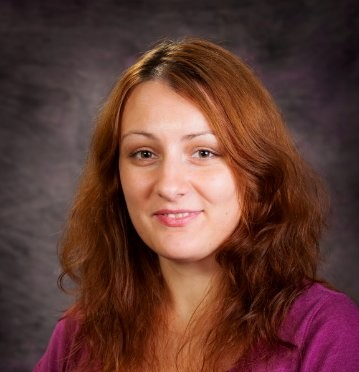
Nicoletta Ploscariu
Nicoleta started her studies in Physics at Alexandru Ioan Cuza University in Romania and obtained a master’s degree in Biophysics and Medical Physics in 2011. Shortly after, she started working as a research assistant, operating the imaging and force spectroscopy atomic force microscopes in Physics Department at Kansas State University. After obtaining a second master’s degree in Physics in 2014, she joined Prof. Brian Geisbrecht group, focused on using structure-based approaches to study host/pathogen interactions between S. aureus and human physiological systems. There she used X-ray crystallography and NMR to characterize a naturally occurring staphylococcal protein which inhibits the intracellular killing mechanisms used by neutrophils. She obtained her PhD in Biochemistry in 2018 and moved to University of Wisconsin-Madison where she started her training in cryo-EM and helical reconstruction applied to characterize complex heterogeneous bacterial flagella.
Nicoleta joined the Gros lab in March 2020 to investigate complement proteins and receptors through biochemical and structural (Cryo-EM) approaches
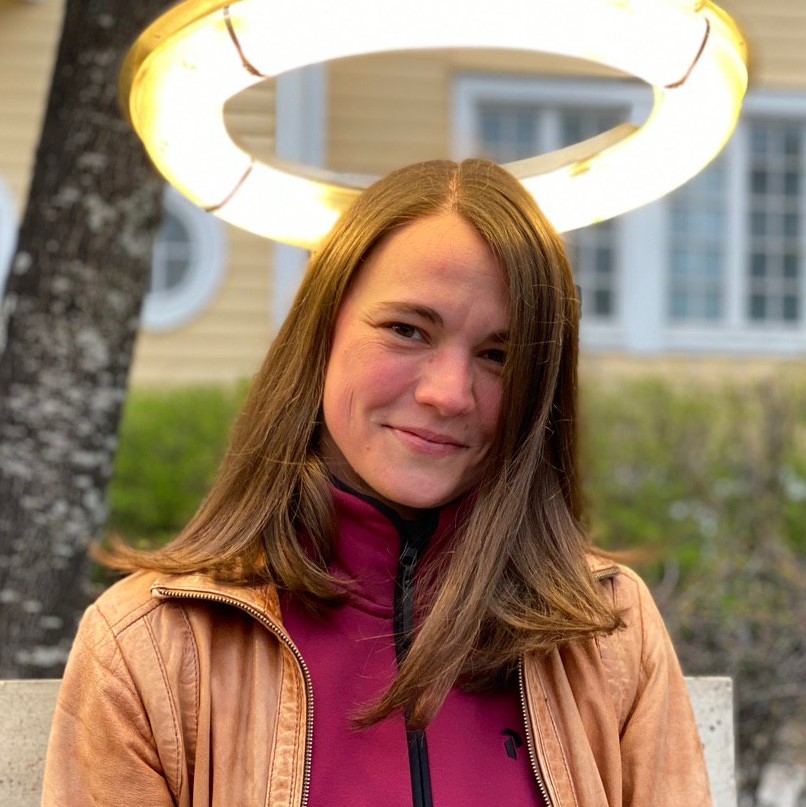
Franziska Jäger
Franziska studied Biology at the Humboldt University of Berlin and obtained her Bachelor’s degree in 2011. She subsequently enrolled in the Molecular Life Sciences Master’s programme at the same University. As part of her Master’s studies she spent nine months in the lab of Prof. Tracy Palmer at the University of Dundee where she investigated the protein-protein interaction of the twin-arginine translocation (Tat) pathway. Returning to the Palmer lab for her PhD studies focussing on the membrane proteins of the Type VII protein secretion system in Staphylococcus aureus she obtained her PhD in Biochemistry in 2017. Following her PhD Franziska carried out a postdoc at Umeå University where she gained experience in x-ray crystallography and electron microscopy while studying the membrane proteins of the Type IV secretion system in Enterococcus faecalis.
Franziska joined the Gros lab in February 2021 to investigate the organization of immune receptors in the biological membrane.
PhD Candidates
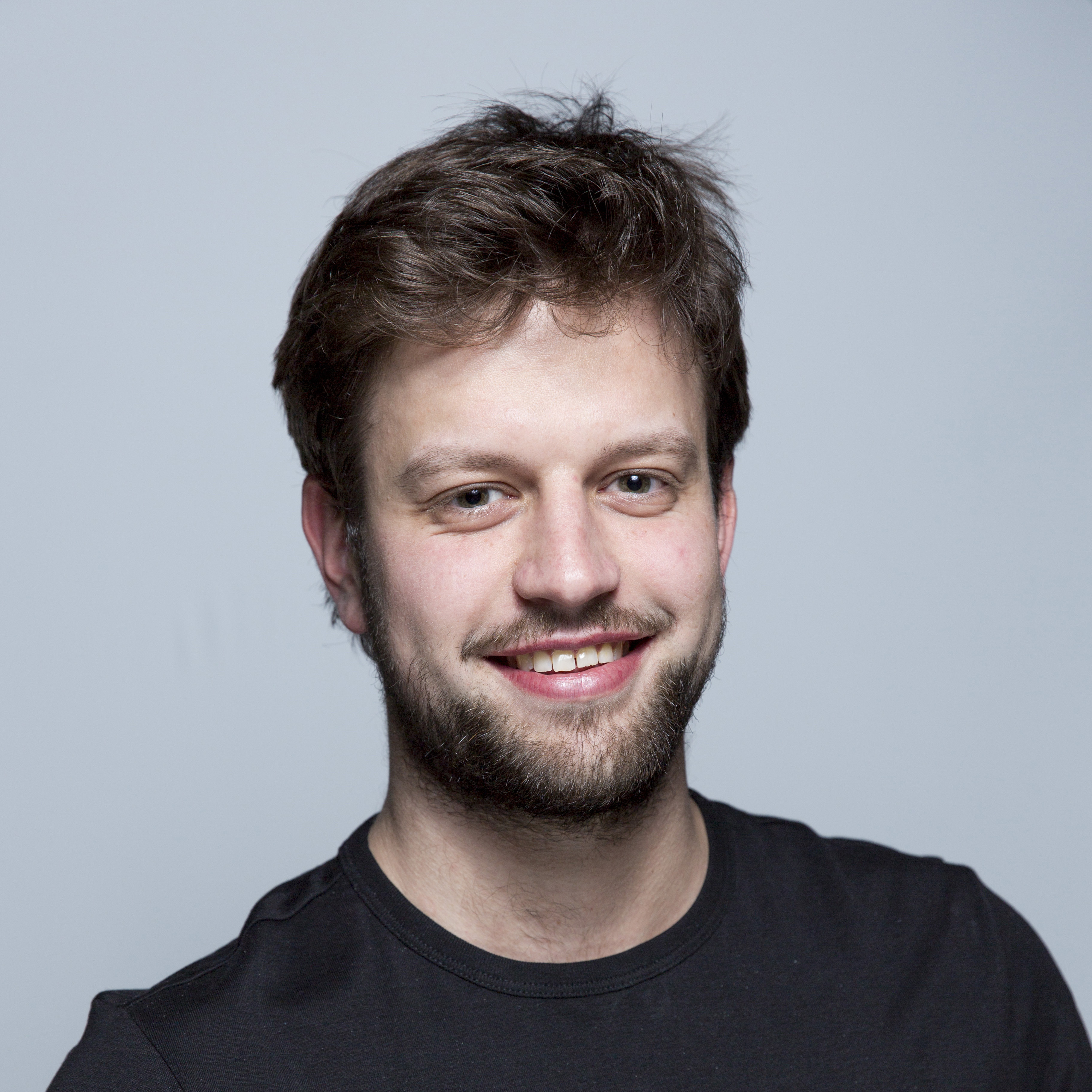
Wout Oosterheert
Wout studied Chemistry at Utrecht University and obtained a Bachelor’s degree (Cum Laude) in 2013. He subsequently enrolled in the Molecular and Cellular Life Sciences Master’s program at Utrecht University, from which he graduated in 2015 (also Cum Laude). As a part of his Master’s curriculum, he spent seven months in the lab of prof. Eric Gouaux at Oregon Health & Science University in Portland, USA, where he studied the mechanisms of P2X ion-channel gating by x-ray crystallography.
Wout joined Piet Gros’ lab in December 2015 to investigate the molecular mode of action of cell-membrane embedded enzymes through biochemical and structural (Cryo-EM) approaches.
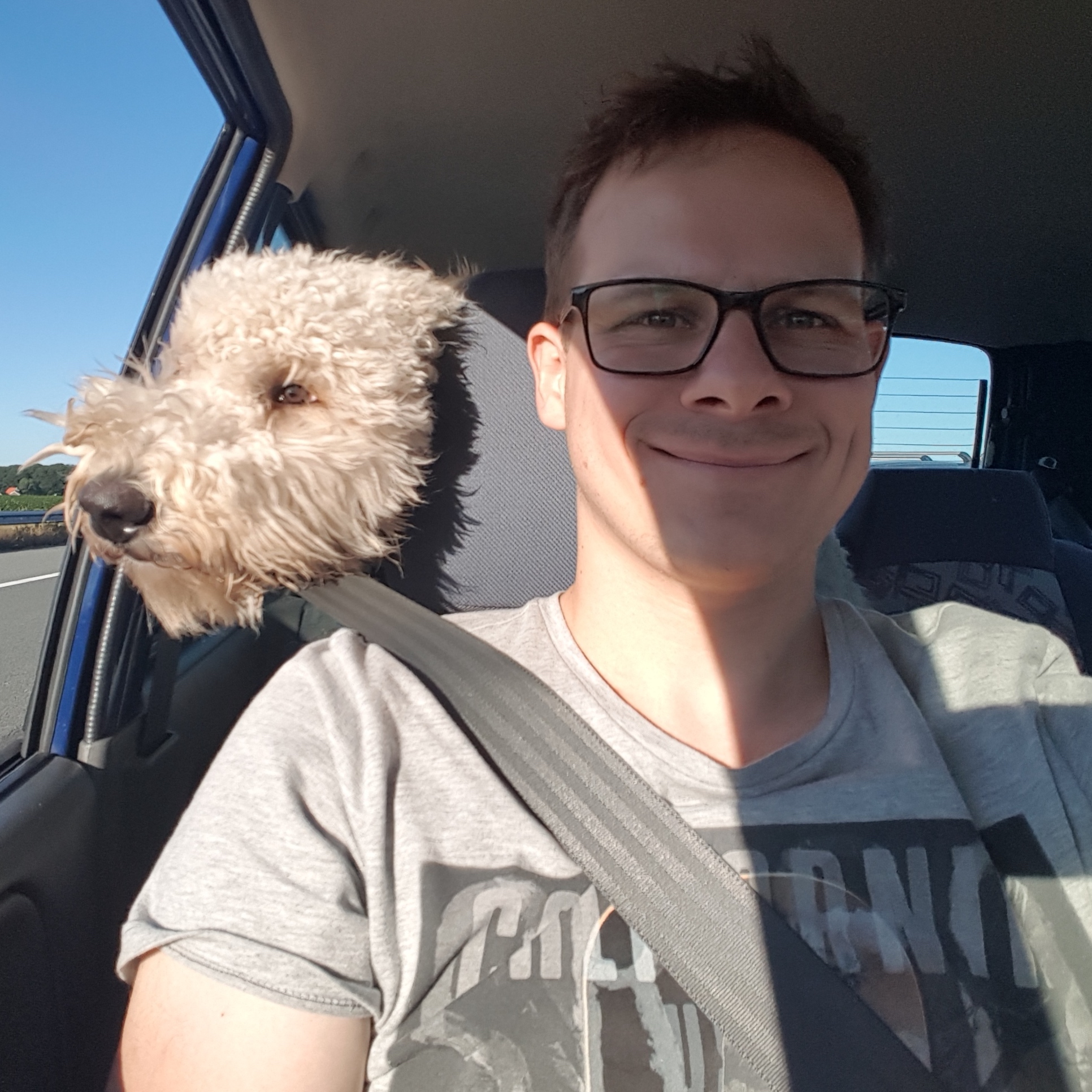
Ramon van den Bos
Ramon studied molecular life sciences at the Rijksuniversiteit Groningen and obtained a Bachelor’s degree in 2013. After this, he undertook a Master's in the Molecular and Cellular Life sciences at Utrecht University, during which he studied interactions between proteins and DNA with NMR and biochemically characterized the lipid transporting capabilities of a bacterial membrane protein.
Ramon joined the Gros lab in January 2016 to study the mechanism behind complement activation and regulation with the help of biochemical and structural methods.
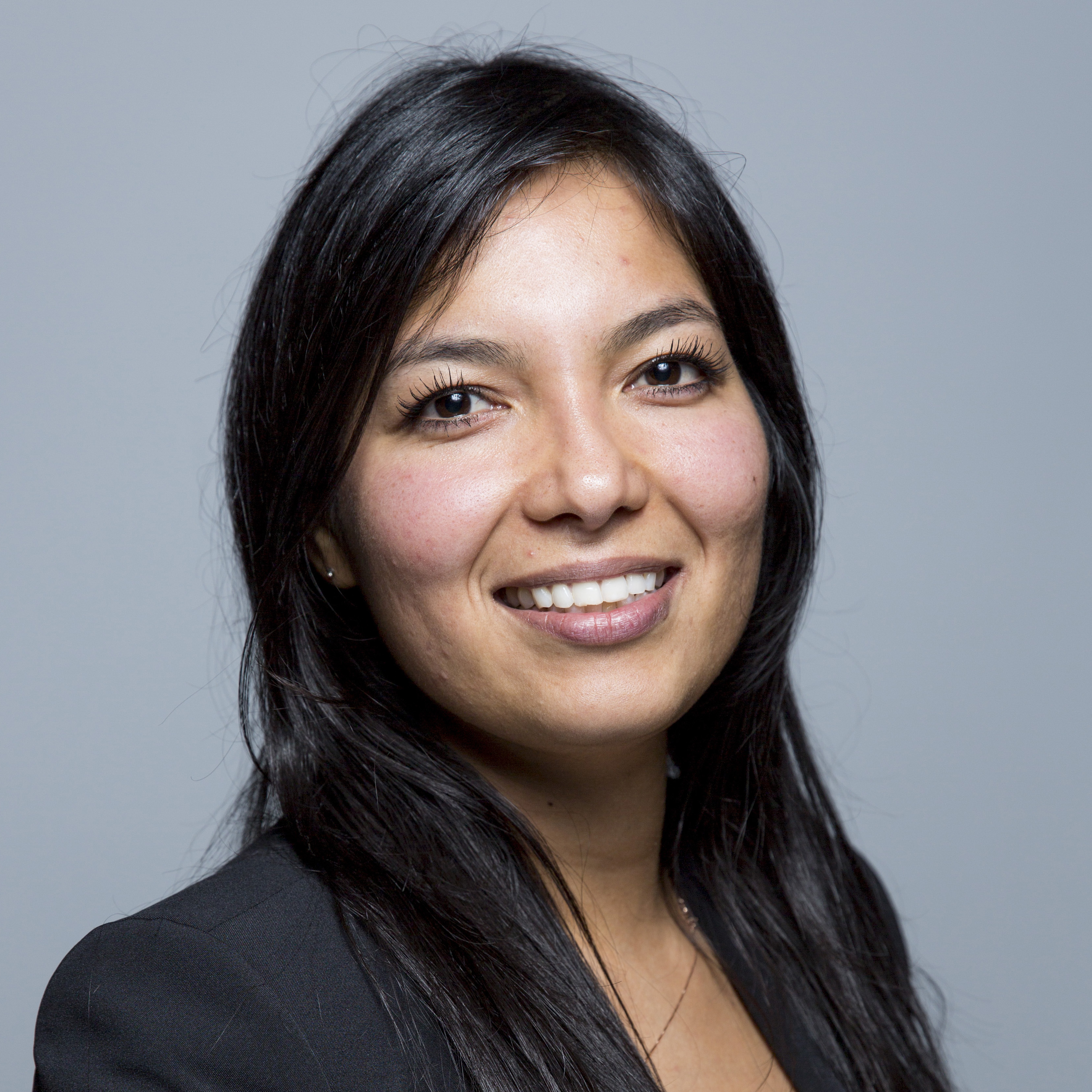
Karla Ivette De la O Becerra
Karla studied Chemical Engineering at the Western Institute of Technology and Higher Education (ITESO) in Guadalajara, México and obtained her bachelor’s degree in 2011. After this, she worked for 3.5 years as a Research Scientist at the Hershey Company, located in Mexico. In 2014, she joined a Food Technology Master’s Degree in Wageningen University in the Netherlands, during which she performed an Internship at the CSIRO Crystallography Center in Melbourne, Australia.
Since February 2018, she has been a PhD candidate in the Chemistry and Crystallography Group directed by Piet Gros. Her research is focused on modeling the kinetics of complement activation in the human immune system.
Karla's PhD work is jointly supervised by Eric Huizinga.
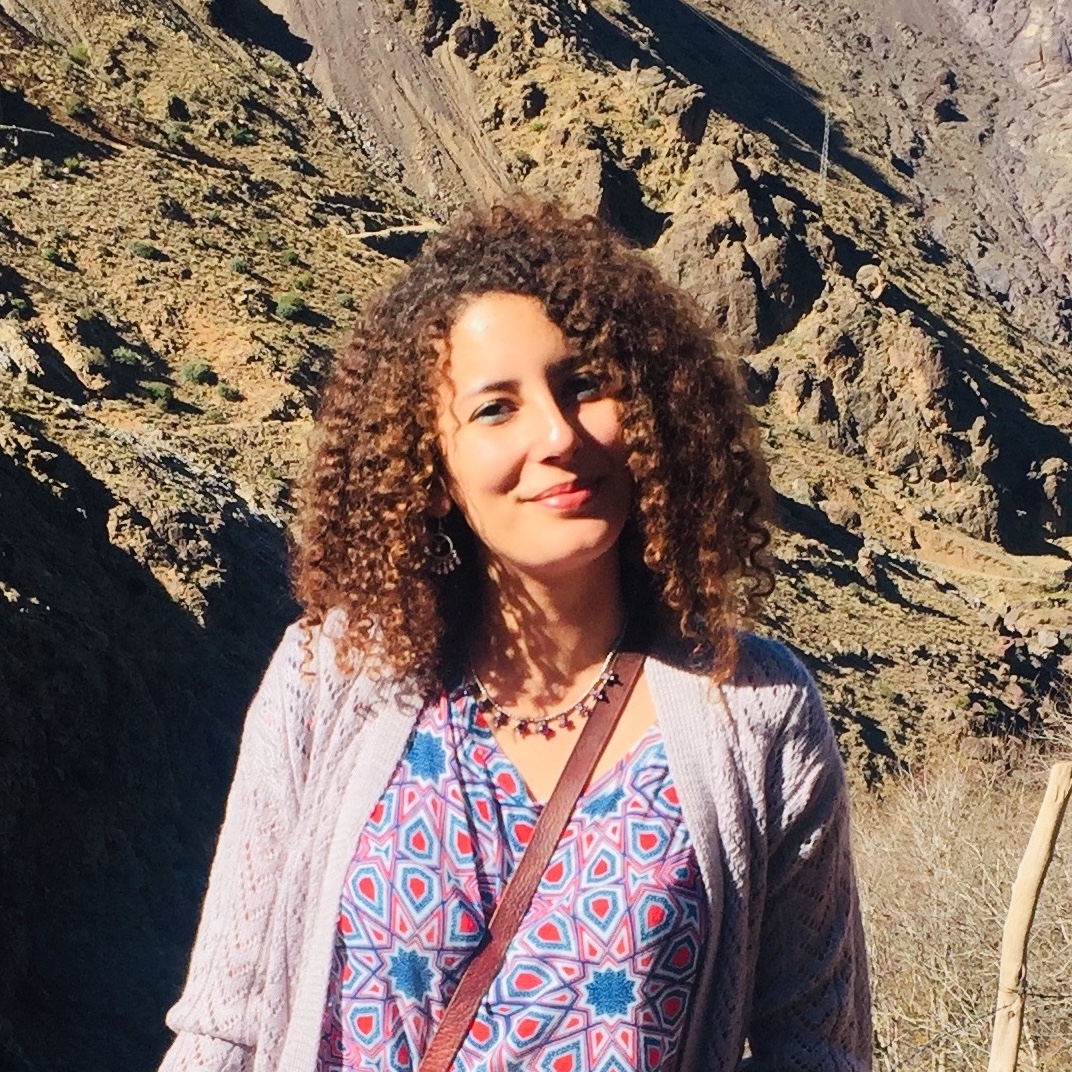
Dounia el Mazouni
Dounia obtained her Bachelor's degree in Biochemistry from Paul Sabatier University in Toulouse, France in 2016. She continued at Paul Sabatier University with a Master's in Structural and Functional Biochemistry and graduated in 2018. During her Master's, she worked in the lab of Udo Heinemann at the Max Delbrück Center for Molecular Medicine (MDC Berlin) for 6 months, working on the biochemical and structural characterization of the ATPase p97 and its interaction partners.
Dounia joined Piet Gros’ lab in January 2019 to investigate classical-pathway activation of the complement cascade by antibodies using biochemical and structural methods.
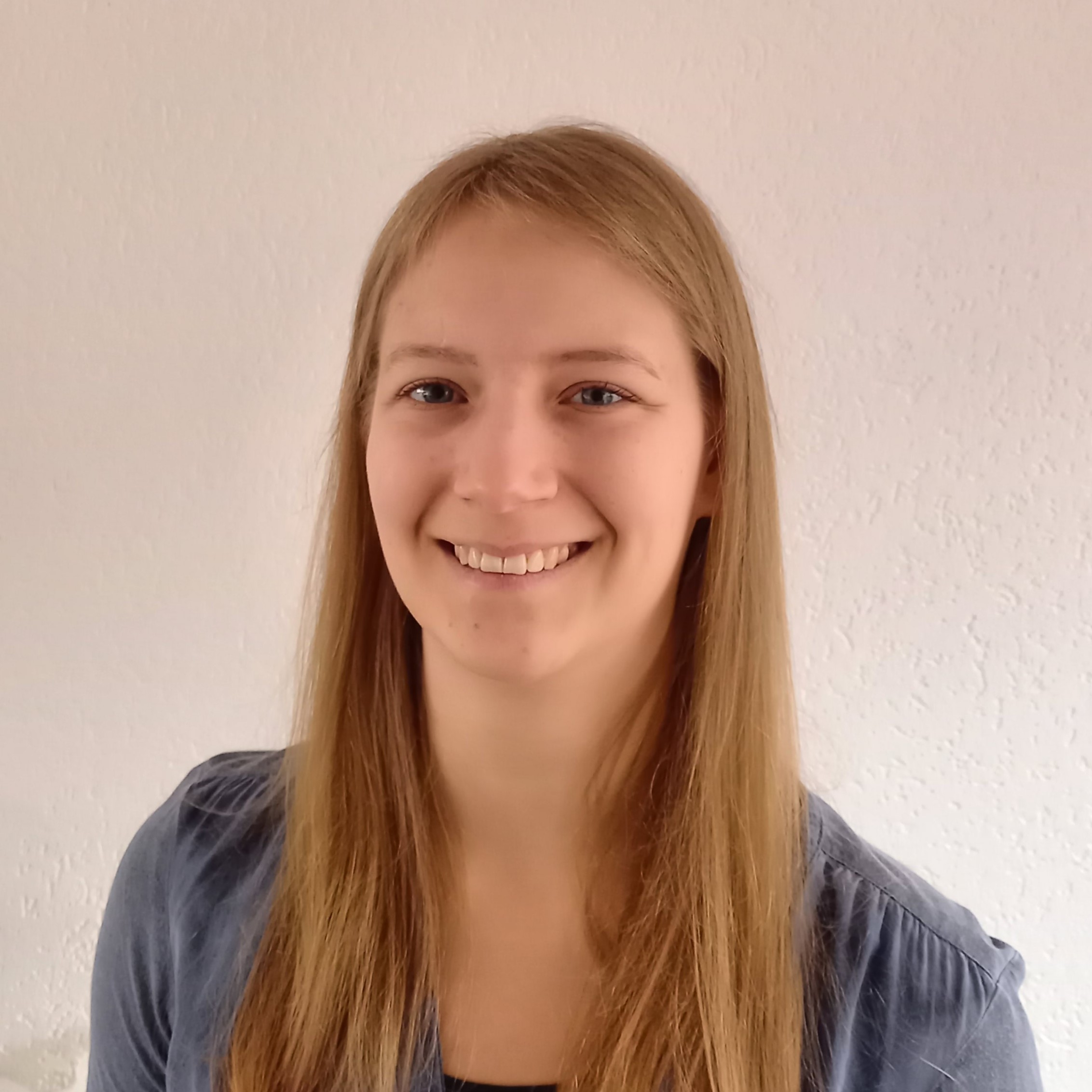
Elisa Lamottke
Elisa obtained her Bachelor's degree in Molecular Biology from the University of Applied Sciences Gelsenkirchen Bocholt Recklinghausen, Germany in 2018. She then continued with a Master in Biochemistry at the Hannover Medical School in Hannover, Germany, which she completed in 2020. During her Master's, she did an Erasmus traineeship in the lab of Javier Gutiérrez-Fernández at the University of Oslo, Norway, where she worked on the reactivation of p53 tumor suppresion function in cancer. Her master thesis was on the structural characterization of infection-relevant proteins from Borellia burgfdorferi.
Elisa joined Piet Gros’ lab in January 2021 to investigate the structure and function of tetraspanin proteins
Master's Students

Douwe Schulte

Matthias Müller

Mirte Bredewout
